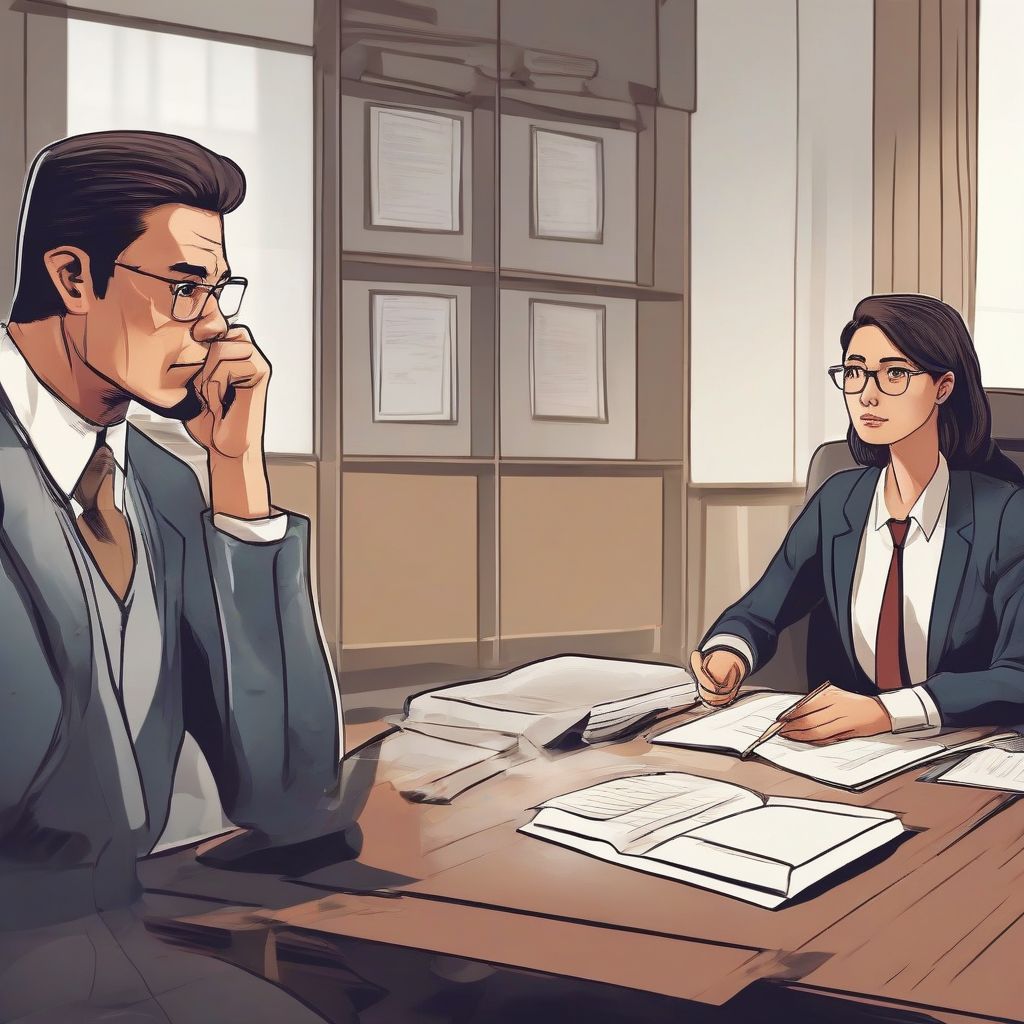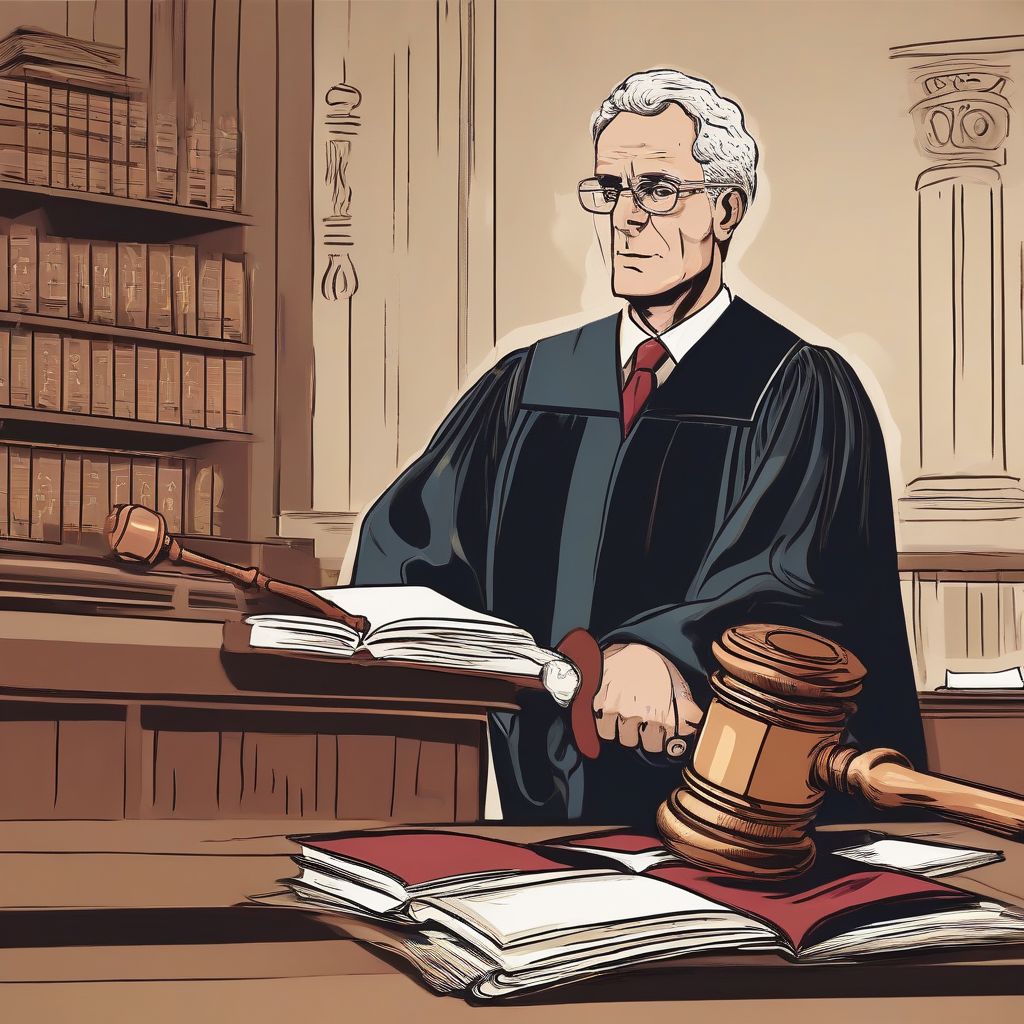Navigating the Aftermath: Your Guide to Finding the Right Car Accident Attorney in Denver
The screech of tires, the shattering of glass – a car accident, however minor, can leave you shaken and disoriented. In the aftermath of such an unexpected event, navigating legal complexities can feel overwhelming. If you’ve been injured in a car accident in Denver, seeking the guidance of a skilled car accident attorney is crucial. This article serves as your comprehensive guide to understanding the importance of legal representation and finding the right attorney to fight for your rights.
Why You Need a Denver Car Accident Attorney
vivuindonesia.site/wp-content/uploads/2024/08/car-accident-legal-advice-66bac5.jpg" alt="Car Accident Legal Advice" width="1024" height="1024">Car Accident Legal Advice
Following a car accident in Denver, you might be dealing with injuries, medical bills, property damage, and lost wages. Insurance companies, while seemingly helpful, are primarily focused on protecting their own interests. A seasoned car accident attorney levels the playing field, advocating for your best interests and ensuring you receive the compensation you deserve.
When to Contact a Car Accident Lawyer
While not every fender bender necessitates legal action, certain situations strongly warrant consulting with a car accident attorney in Denver. These include:
- Severe Injuries: If you or someone else involved sustained significant injuries.
- Disputed Liability: When the at-fault driver is unclear or disputed.
- Insurance Disputes: If the insurance company is delaying or denying your claim.
- Hit-and-Run Accidents: When the other driver flees the scene.
- Accidents Involving Pedestrians or Cyclists: These cases often involve complex liability issues.
What a Car Accident Attorney Can Do for You
A Denver car accident lawyer can provide invaluable assistance by:
- Investigating the Accident: Gathering evidence, interviewing witnesses, and reconstructing the accident scene.
- Negotiating with Insurance Companies: Dealing with adjusters and advocating for a fair settlement.
- Calculating Damages: Assessing the full extent of your losses, including medical expenses, lost wages, pain and suffering.
- Filing a Lawsuit: Taking legal action if a fair settlement cannot be reached through negotiation.
- Representing You in Court: Presenting your case effectively and fighting for your rights before a judge and jury.
Choosing the Right Denver Car Accident Attorney
Finding the right legal representation is crucial for a successful outcome in your case. Consider these factors when choosing a car accident attorney in Denver:
- Experience: Look for an attorney with a proven track record in handling car accident cases, particularly those similar to yours.
- Expertise: Ensure the attorney specializes in personal injury law and has a deep understanding of Colorado’s car accident laws.
- Communication: Choose an attorney who is responsive, communicative, and keeps you informed throughout the process.
- Fees: Understand the attorney’s fee structure, whether it’s contingency-based (you only pay if they win your case) or hourly.
- Reviews and Referrals: Read online reviews and seek referrals from trusted sources to gauge the attorney’s reputation.
Questions to Ask a Potential Attorney
During your initial consultation, be prepared to ask questions such as:
- How many car accident cases have you handled?
- What is your success rate in cases like mine?
- What are your fees and how are they structured?
- What is the estimated timeline for my case?
- How will you keep me updated on the progress of my case?
Don’t Delay Seeking Legal Help
After a car accident in Denver, time is of the essence. Evidence can disappear, witnesses’ memories can fade, and Colorado has a statute of limitations for filing personal injury lawsuits. Acting swiftly and securing legal representation can significantly impact the outcome of your case.
Remember, seeking legal advice does not obligate you to hire an attorney. However, a consultation with a qualified car accident lawyer in Denver can provide clarity, answer your questions, and empower you to make informed decisions about protecting your rights and securing your future.




